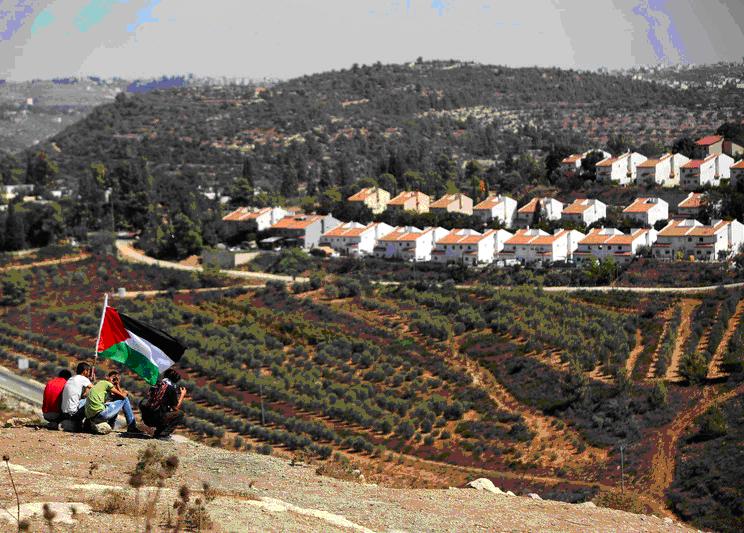The pace of planning for new homes in West Bank settlements increased during the first three months of 2016 compared to the same period last year This trend, reported by Peace Now, is based on data it collected from the records of the High Planning Council for Judea and Samaria (the occupied Palestinian territories) for 2015 and 2016.
Between January and March of 2016, plans were submitted for 499 new housing units in West Bank settlements. This constitutes 72% of the number of plans (621) for new settlers homes that were submitted during the entire twelve months of 2015. In the first quarter of 2015, plans were submitted for 115 new units, only 23% of the number of homes for which plans were submitted during the first three months of 2016. Or in other words, the number of plans submitted during the first quarter of 2016 jumped by more than 400% relative to the parallel period last year.
Peace Now’s analysis yielded a similar pattern for the retroactive authorization of illegal homes in occupied West Bank settlements. In many cases, these retroactively authorized homes were built without adherence to the statutory planning process, and they are only now being submitted to the council to receive approval. The number of retroactive legalizations (175) during the first quarter of 2016 was more than twice that for the parallel period last year (79). Overall, during 2015, 1,044 illegally built homes were retroactively authorized, according to Peace Now.
The plans for the 499 new housing units were submitted in the course of three separate monthly meetings of the High Planning Council for Judea and Samaria in January, February and March. The number of new homes for 11 different settlements detailed in the plans are as follows; Etz Efraim (34), Rechalim (36), Alon Shvut (60), Ofarim (30), Rotem (164), Oranit (24), Alfei Menashe (24), Tene (7), Kiryat Arba (24), Ma’aleh Adumim (46) and Talmon (50).
Hagit Ofran from Peace Now said that the numbers reveal that the supposed “freeze” in planning, was “not a freeze at all. Quietly and behind the scenes, West Bank construction is being promoted, including in isolated settlements,” something which “takes us further away from the possibility of a two-state solution.”
During the last few months the United Nations Human Rights Council has passed a resolution condemning settlement activity and mandating creation of a database of all companies located in Israel’s West Bank settlements and those doing business with them. For its part, the Palestinian Authority is currently preparing a United Nations Security Council resolution condemning all West Bank settlement activity.



